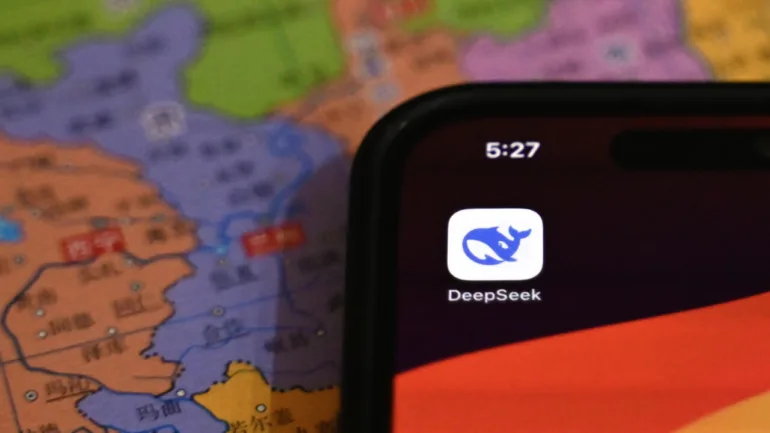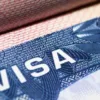On Thursday, U.S. lawmakers introduced a bill aimed at banning the Chinese artificial intelligence program DeepSeek from being used on government devices, citing serious concerns about user data security.
The bill, presented by Representative Josh Gottheimer, a New Jersey Democrat, and Representative Darin LaHood, an Illinois Republican, highlights what they describe as an “alarming threat to U.S. national security.” The lawmakers pointed to “direct ties” between DeepSeek and the Chinese government as a key concern.
This legislation follows a report released Wednesday by Feroot Security, a U.S. cybersecurity firm, which found that the AI model contains hidden code capable of transmitting user data to China Mobile, a state-owned telecom giant.
DeepSeek, a Chinese startup, made waves in the global AI industry last month with the launch of its low-cost, high-quality chatbot, which has rapidly challenged the U.S. and other countries’ lead in AI development.
“The Chinese Communist Party has made it abundantly clear that it will exploit any tool at its disposal to undermine our national security, spread harmful disinformation, and collect data on Americans,” Gottheimer said in a statement.
LaHood referred to DeepSeek as a “CCP-affiliated company” and emphasized that “under no circumstances” should it be allowed to access sensitive government or personal data.
The bill arrives as other nations, including South Korea, have taken action against DeepSeek. South Korean ministries and police announced they were blocking the AI program’s access to their networks after the company failed to respond to a data watchdog’s inquiry regarding its data management practices.
In addition, Australia has banned DeepSeek from all government devices based on security agencies’ advice, while France and Italy have expressed concerns about the program’s data handling practices.
In a related matter, the video-sharing app TikTok continues to face a potential U.S. law that would require its Chinese parent company, ByteDance, to divest or face a ban in the U.S.
AFP


